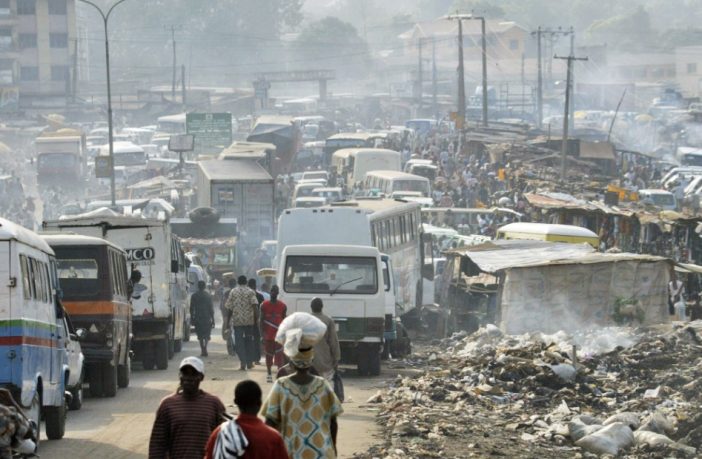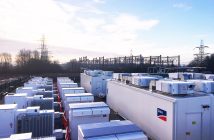Many countries in Africa signed the Paris Agreement in 2015 to limit the adverse effects of climate change. The goal of the agreement is to limit global warming to below 2°C above pre-industrial limits and calls for efforts to limit the increase to 1.5°C. Aligned with this commitment, how many cities in Africa have set zero-carbon emission goals?
In most cities in Africa, day-to-day life for inhabitants is not about the quality of life, it is about surviving. Many live in poverty and poor health. The ongoing migration of people to cities has caused the rapid growth of informal settlements which have become places of heavy pollution and environmental degradation. Financial constraints further leave city planners with their hands tied.
We are already witnessing changes to our ecosystems which have a direct effect on the way we live, produce and consume in the urban environment. As a result, what is already a hard life for most city dwellers in Africa, could get much worse as extreme climate change events unfold. There needs to be a swift transition to turn the tide.
City planners in Africa have to take drastic steps to ‘decarbonise’ their cities. This involves a major transition to 100% renewable energy. In order to do this, city planners must involve the cities people in renewable energy projects by linking the people with their immediate natural resources so that they benefit from the process. For example, a city’s inhabitants should be allowed to produce and sell electricity.
The right balance needs to be struck between economic development, cultural stimulus, density and existing urban biodiversity. Get it wrong and the system quickly unravels. The responsibility lies with the people and those in control of planning. In many cases, failing authorities are at the root of poor economic development in African countries. Corruption stands directly in the way of net carbon zero goals.
Too often in Africa, politics gets in the way of urban planning. City administrators need to keep the heart of the people at the centre of their planning processes and be aware to accommodate for creative and also ‘unplanned’ development. The ‘open and all-inclusive’ urban vision requires a special kind of leader who is able to gather momentum across society and mobilise different stakeholders towards a common vision.
It is also clear that the African context needs to be understood and achieving net carbon zero goals will require a step by step approach. Many cities in Africa still live with the legacy of colonialism and in the case of South Africa; cities are still struggling to deal with racist urban planning policies of the previous Apartheid government. Financial constraints further delay transition and force reactive outcomes to climate change events rather than proactive planning. Short, medium and long-term zero carbon emissions goals are required.
Given the right resources and responsible leadership, the inhabitants of a city can actively help restore damaged ecosystems and regenerate urban living quality towards a net carbon zero society. New technology like the internet of things, smartphones and artificial intelligence can accelerate this transition. Access to this technology and data needs to be made affordable for the people.
City planners in Africa need to start somewhere, how about setting net carbon zero goals?
Author: Bryan Groenendaal











